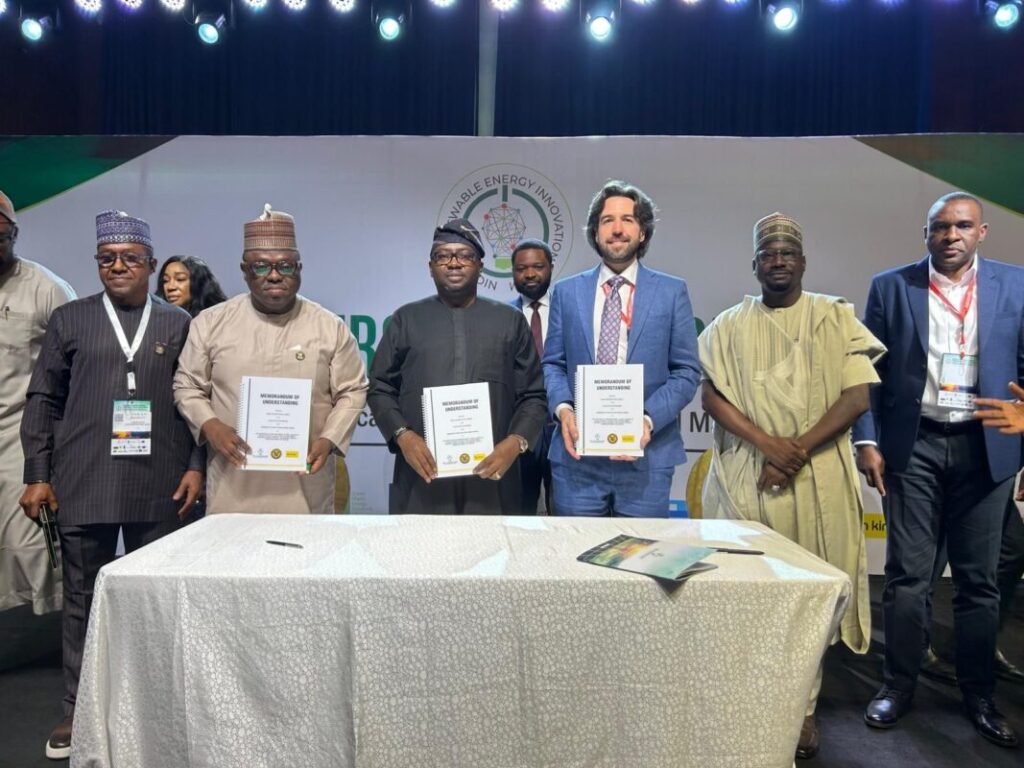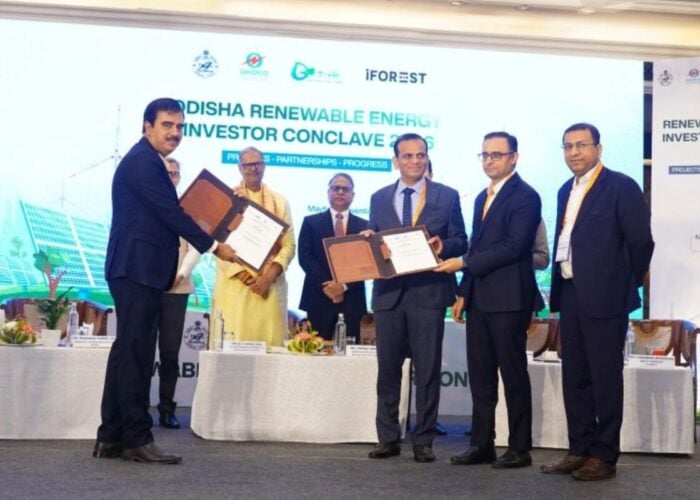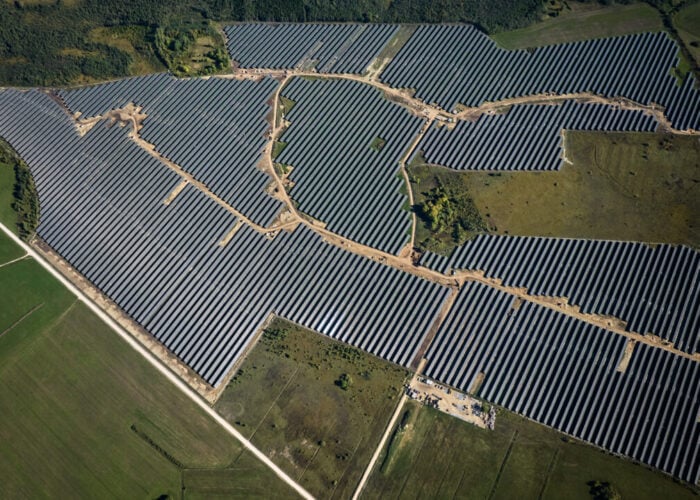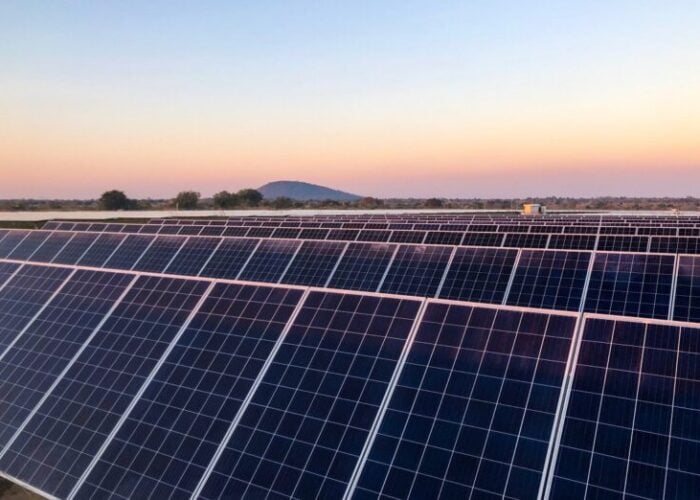
Off-grid solar company Sun King has revealed plans to set up manufacturing operations in Kenya and Nigeria.
The company has also announced a partnership with the government of Nigeria to advance renewable energy access, including local manufacturing.
Try Premium for just $1
- Full premium access for the first month at only $1
- Converts to an annual rate after 30 days unless cancelled
- Cancel anytime during the trial period
Premium Benefits
- Expert industry analysis and interviews
- Digital access to PV Tech Power journal
- Exclusive event discounts
Or get the full Premium subscription right away
Or continue reading this article for free
Sun King produces, finances and installs solar kits for off-grid applications and electronic devices such as smartphones and televisions that work with its solar systems. It sells around 300,000 solar kits a month across Africa.
The company said it wanted to move the manufacturing of its products closer to its end market, creating local jobs, cutting logistics costs and carbon emissions and shortening its supply chain.
It will begin this process with a new facility in Nairobi, Kenya. According to Sun King, the Kenya manufacturing facility will be its first in Africa, with an initial capacity of 700,000 units per year and room for expansion.
“Africa has the talent and the momentum to lead the world’s next industrial wave,” said T. Patrick Walsh, CEO, Sun King.
PV Tech has contacted the company for further details regarding the facility’s opening timeline and will update this article when those are provided.
The second facility in Nigeria is planned for a later phase, and appears to be at an earlier stage of planning. Sun King signed a memorandum of understanding (MOU) with Nigeria’s Rural Electrification Agency (REA) during the Nigeria Renewable Energy Innovation Forum (NREIF) in Abuja, in which the exploration of local manufacturing opportunities is a stated focus.
Under the terms of the MoU, Sun King said it would work with the REA to advance the country’s ‘Nigeria First’ policy by increasing local participation in the renewable energy value chain. This will focus on three key areas: local assembly of high-value products under the Nigeria First agenda, technical cooperation to boost efficiencies and sector growth and joint advocacy to promote standalone solar as a key part of Nigeria’s energy strategy. Introduced in May 2025, Nigeria First is set to underpin the government’s economic strategy, supporting industrialisation and import-substitution goals.
Sun King said it estimates that its planned manufacturing facilities in Nigeria could substitute imports wort over $US150 million over the next five years. Further details on the timeline for the facility were not provided.
The partnership in Nigeria also emphasises technical collaboration and knowledge sharing, with Sun King and REA working to improve data, market insights, and operational efficiency. The initiative aims to expand energy access programs like Nigeria Electrification Project (NEP) and Distributed Access through Renewable Energy Scale-up (DARES), address skills and infrastructure gaps, and support sector growth.
Furthermore, Walsh said that the partnership aligns the Mission 300, which aims to connect 300 million Africans to electricity by 2030, with Nigeria’s industrialisation agenda.
In 2023, the company partnered with investment bank Citi on a US$130 million securitisation deal to expand access to solar panels for off-grid households. The agreement allowed customers to buy Sun King products on credit, with upfront costs covered by Citi and five other investors, including UK development finance institution British International Investment and Kenya-based Absa Bank.






